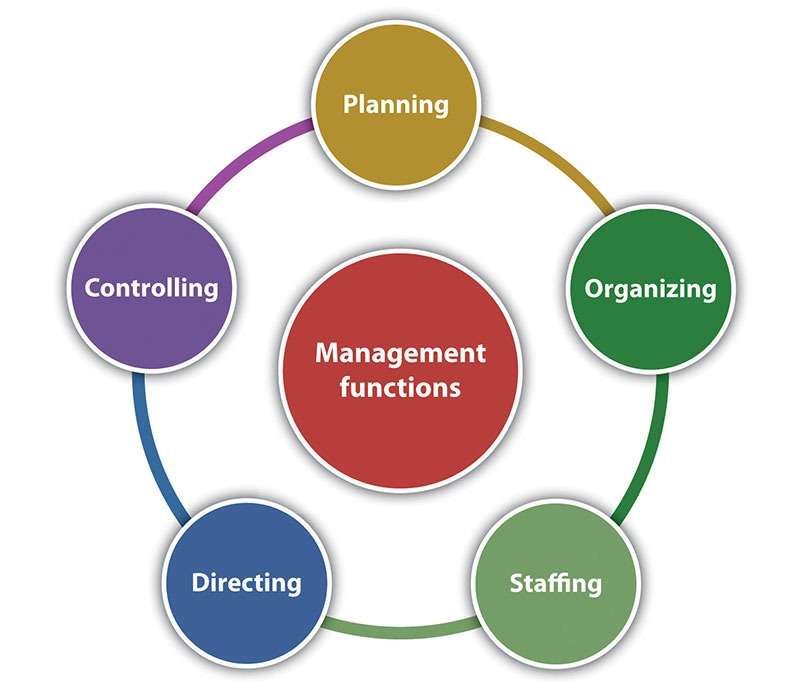
Two forms of consulting that businesses and organisations employ to enhance performance and operations while boosting income are strategy and management consulting. Understanding the distinctions between management and strategy consulting will enable you to choose the kind of consulting that will most likely help your company succeed. Knowing which kind of consultancy to utilise and when to use it might be helpful if your company wants to improve overall performance and develop efficiencies that are management- and strategically-focused.
In this piece, we define strategy and management consulting and examine the main distinctions between the two, focusing on their goals, methods, and personnel.
What Is Strategy Consulting? Definition and Types
The practise of offering strategic consulting counsel to businesses in order to advise them on critical business decisions is known as strategy consulting. In general, it entails gathering information, evaluating problems, seeing possibilities, and formulating suggestions.
Although firms may utilise strategy consulting for practically any business decision or process, the eight basic disciplines are:
.Transformation of Business Models (BMI)
.Business Plan
.Digital Strategy
.Economic Policy Functional Strategy
.Mergers and Acquisitions (M&A) Organization
.Strategy Strategy and Operations
There are many project options within these categories, ranging from creating brand awareness and designing market entrance strategies to reorganising processes and identifying best practises.
What is management consulting?
Known by another name, operational consulting, management consulting is the process by which outside experts help businesses and organisations create general management procedures, maximise operations, and find answers to any associated problems they find. The ultimate goal of management consulting is to identify efficiencies and enhance overall business performance and operations. Typically, management consultants carry out the following tasks:
1.examining the management goals of the organisation.
2.expressing views about the performance of the company.
3.helping with duties related to project management.
4.provide management and performance advice to the organisation.methods for improvement.
Management consulting vs Strategy consulting

First, operational consulting is another name for management consulting. The goal of management consulting is to enhance an organization’s operations. Its goal is to increase work effectiveness by delivering benefits in the short- and medium-term. This typically results in cheaper expenses and has an impact on the following aspects of a client’s company:
Money
Management of Risk in Human Resources
A typical strategy vs. management consulting approach would consist of:
1.Objective
The goal of strategy consulting is to assist a business in developing sound business plans and putting them into action in order to boost sales.
2.Concentrate
The goal of strategy consulting is to increase corporate, senior, or executive level efficiencies. This aids in developing the company’s overall strategic direction, which lower-level employees can utilise as a guide.
3.Employees
Although they are hired by an outside party, both management and strategy consultants collaborate closely with inside staff to achieve objectives.
4.Methods
Industry consultants for strategy deal with problems that the company has already identified and tries to resolve on its own.Typically, strategy consultants possess extremely specialised knowledge that enables them to operate in particular sectors or domains.
5.Methodology:
Strategy consultants tackle problems that the organisation has already identified and make an effort to resolve them on its own. A business might, for example, have an expansion plan that won’t bring in as much money as anticipated or that it needs to turn a profit.
Why Do Businesses Generally Use strategy and management Consulting Firms?
Businesses use consulting firms for several purposes, such as:
1.Expertise: Specialist knowledge and abilities that may not be present within the organisation are brought by consultants. They can offer knowledgeable guidance on a variety of subjects, including technical solutions and corporate strategy.
2.Objectivity: Consultants are frequently able to provide an objective viewpoint on the prospects and problems facing a company. They can offer an outside viewpoint that inside staff would find challenging to obtain.
3.Efficiency: Compared to internal employees, management consultants can frequently finish projects or tasks more quickly. They can work fast and efficiently and are usually quite focused.
4.Flexibility: By engaging consultants on a project-by-project or temporary basis, businesses can rapidly scale up or down without having to worry about paying full-time employees.
5.Savings: Employing consultants rather than full-time employees with comparable experience is frequently more affordable. management consulting can also assist in locating areas where a business can cut costs.
In general, businesses hire consultants to do special projects that exceed the capabilities of their own staff. These projects typically revolve around organisational changes, such as the adoption of new technology, reorganising the organisation, or undergoing a digital transformation. By working with consultants, they can obtain specialised knowledge and effective, adaptable resources to help them accomplish their objectives.
What Kind of Projects Are Typically in Strategy Consulting?
Every consulting project will begin with the strategy phase. In order to maximise value for shareholders and business growth, this involves working with C-suite executives to investigate and prioritise the highest value strategic project (typically profit margin or revenues).
When a new CEO is appointed is the most frequent occasion for businesses to engage strategy consultants. In order to accomplish a company goal, like increasing revenues by 20% over the next five years, the CEO will want to establish a strategic vision for their term, which is typically five years. After that, strategy experts will collaborate with the CEO to determine the most effective approach to achieving those objectives in light of rivals, market dynamics, etc.
Typical projects for a strategy consultant include the following:
1.Organisational design (building a new or improved organisational structure with all functions, directors, and line managers to create flexible channels of communication)
2.Cost reduction (reducing the price of raw materials or producing a product)
3.Market analysis and strategies to look for new technology and rivals comprise the new technology market scan.
4.Novel and distinctive approaches to revitalise the current model and reorganise the company comprise the design of a new business model.
5.Pricing strategy (developing models and schemes that are competitive and appropriate for the market)
.Market entry is the process of successfully entering a new market with a new good or service.
.Growth strategy (forecasting and trend analysis to create corporate expansion plans, such as mergers and acquisitions)
What Kind of Projects Are Typical in Management Consulting?
The primary objective of management consulting is bringing about change inside an organisation. This can involve enhancing current processes or enacting strategic changes, which are typically preceded by a plan.
The following steps are often involved in a management consulting project:
1.Understanding of the problem
2.Deliverables (i.e., what will be delivered) agreement
3.Project schedule (dates of delivery of milestones)
4.Discovery (what potential fixes exist)
5.Solution design: Considering the client’s condition and budget, how will the problem be resolved?
6.Plan of implementation (what are the main duties necessary to carry out the agreed-upon modification)
7.Implementation (supplying the answer)
Which Field of Work Is Best for You? Consulting for strategy or management?
Whether you want to work in management consulting or strategy, the best job choice for you will depend on a number of criteria, including your values, interests, and professional ambitions.
While management consulting is primarily concerned with carrying out particular projects and initiatives, strategy consulting is typically more focused on long-term planning and big-picture thinking. Strategy consulting might be a better fit for you if you take pleasure in doing in-depth analyses of data and formulating high-level recommendations. On the other side, management consulting can be the ideal career choice for you if you prefer working in teams to execute change and find solutions to particular issues.
It’s crucial to take into account each form of consulting’s culture and way of life in addition to the nature of the work. Long hours and frequent travel are possible for both kinds of consulting, although strategy consulting frequently entails greater travel and longer hours. Additionally, management consulting may need more practical work and be more operationally detailed.
What you can get from pletheon strategy consulting
Prominent corporations are implementing significant and revolutionary changes, such as rethinking their goals, starting complete digital overhauls, and figuring out how to generate disruptive innovation in a market that is changing quickly.
We can offer strategic advice to help achieve the best possible outcomes in a sustainable manner because of our depth of experience and breadth of viewpoints.
We develop a unique strategy based on the particular needs of each customer and combine our in-depth industry and commercial knowledge with tried-and-true analytical methods. pletheonconsulting assists you in responding to these questions as seasoned C-suite advisors:
1.How can I take use of my competitive edge and growth opportunities?
2.Which sales, profitability, and sustainability goals are acceptable for my company?
3.How can I better prepare for and handle the coming digital revolution?
4.Can I reach my profitable growth objectives faster with an M&A strategy?
5.What is the optimal time to divest for long-term value?
6.How can I manage the effects of a disruption between finance and operations while constructing and securing liquidity?

